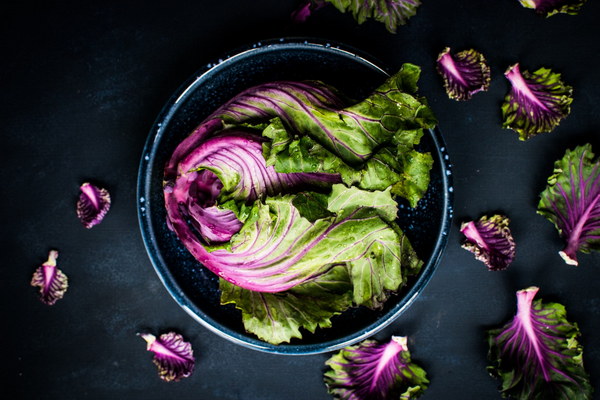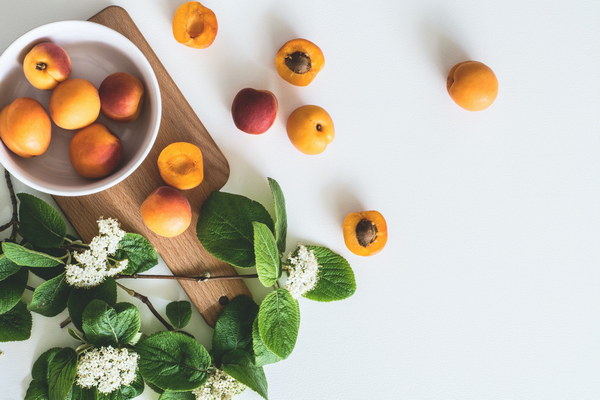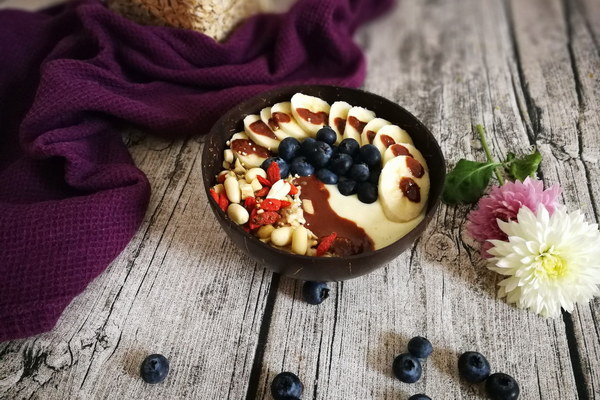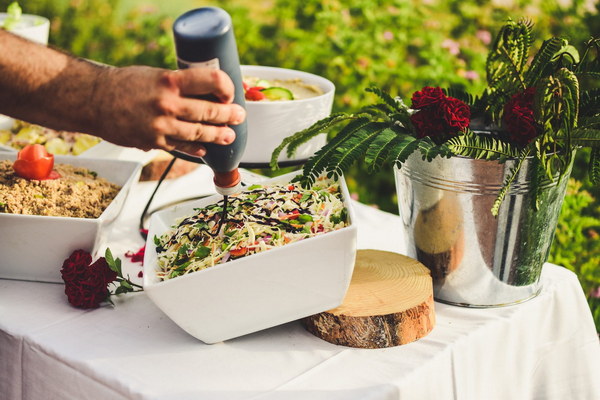Can Loquat Tea Help Expel Dampness A Comprehensive Look at the Tradition and Science
In traditional Chinese medicine, loquat (sour plum) tea is often praised for its ability to expel dampness from the body. But does this traditional remedy hold true, or is it just another folk tale? In this article, we'll explore the origins of this belief, delve into the science behind dampness in Chinese medicine, and discuss whether loquat tea can indeed help alleviate this common issue.
The Concept of Dampness in Traditional Chinese Medicine
In traditional Chinese medicine (TCM), dampness is considered one of the six pathogenic factors responsible for various health issues. Dampness is believed to arise from an imbalance in the body's fluids, leading to symptoms such as fatigue, bloating, and poor digestion. It's important to note that dampness is not a physical substance but rather a metaphorical concept representing a disharmony within the body.
The Role of Loquat in TCM
Loquat, also known as sour plum or mangosteen, is a fruit that has been used in TCM for centuries. Its leaves and fruits are believed to have cooling and drying properties, making it a natural remedy for dampness. The belief is that loquat can help transform dampness into a more fluid state, allowing it to be expelled from the body through urination or perspiration.
Science Behind Dampness and Loquat Tea
While the concept of dampness is deeply rooted in TCM, there is limited scientific evidence to support its existence as a physical condition. However, research has shown that certain compounds in loquat, such as saponins and flavonoids, may have anti-inflammatory and antioxidant properties.
One study published in the journal Fitoterapia found that loquat extract had a drying effect on tissues, which could potentially help alleviate symptoms associated with dampness. Another study in the Journal of Ethnopharmacology suggested that loquat leaf extract could improve digestion and reduce symptoms of dyspepsia, which are often linked to dampness in TCM.
How to Make Loquat Tea
If you're interested in trying loquat tea to alleviate dampness, here's a simple recipe:
Ingredients:
- Fresh loquat leaves (or dried loquat leaves)
- Boiling water
Instructions:

1. Rinse the loquat leaves thoroughly to remove any dirt or impurities.
2. Place the leaves in a pot and pour in boiling water.
3. Cover the pot and let it steep for about 10-15 minutes.
4. Strain the tea into a cup and enjoy it warm.
Potential Side Effects and Precautions
While loquat tea is generally considered safe for most people, there are a few things to keep in mind:
1. Avoid consuming loquat tea if you have a known allergy to loquat or other members of the Rosaceae family.
2. Do not drink loquat tea if you are pregnant or breastfeeding without consulting a healthcare professional.
3. If you have underlying health conditions, such as diabetes or kidney disease, it's best to consult with a healthcare provider before consuming loquat tea.
Conclusion
While the concept of dampness in TCM may not be fully supported by scientific evidence, there are some studies suggesting that certain compounds in loquat can help alleviate symptoms associated with dampness. If you're interested in trying loquat tea as a natural remedy, it's best to consult with a healthcare provider to ensure it's appropriate for your specific health needs. As with any herbal remedy, it's important to use it responsibly and in moderation.









